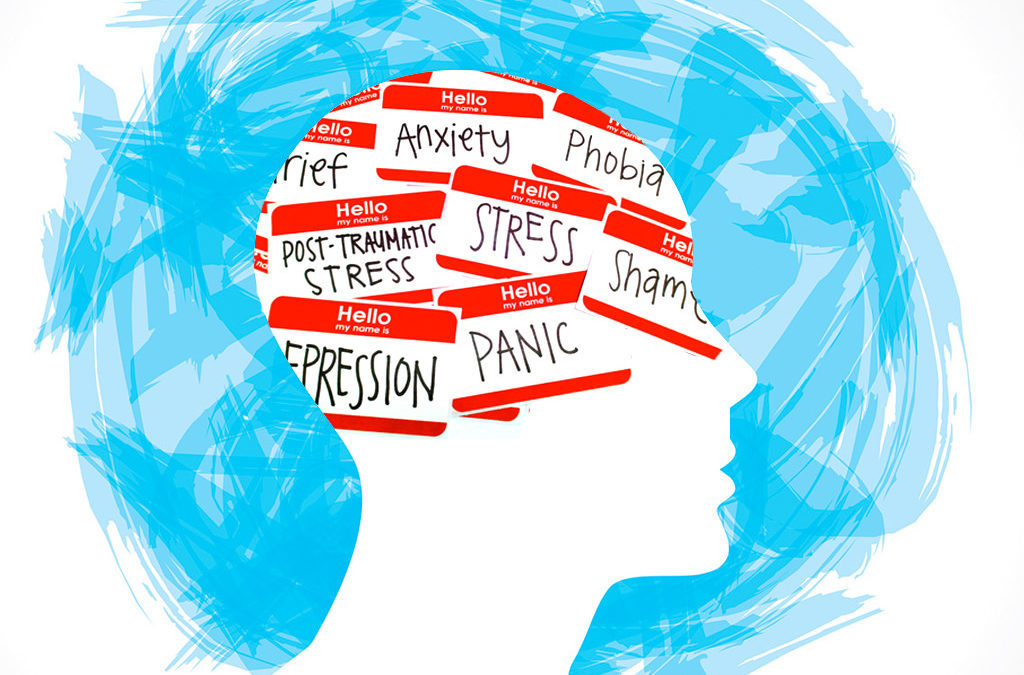Employers have a ‘duty of care’ and the latest stats are suggesting that one in four Australian employees between the age of 16-85 have a mental health condition. This could be anxiety, depression, substance abuse, anorexia and in more serious cases this can lead to suicide. We have recently given 8 of our team members training to become Accredited Mental Health First Aiders.
We have all heard the derogatory terms used to describe people with a mental health illness such as ‘crazy’, ‘psycho’, ‘mad’, ‘loony’ or ‘nuts’, just to name a few. Most employers and employees would prefer to talk about anything else….. but Mental Health issues. The management of mental health has come a long way but there is a still a significant way to go.
So what is the definition of a mental health illness? “A mental disorder or mental illness is a diagnosable illness that affects a person’s thinking, emotional state and behaviour and disrupts the persona; ability to work or carry out other daily activities and engage in satisfying relationships.” (source Standard Mental Health First Aid Manual 2017).
It might surprise you to discover that, as an employer, you have a ‘duty of care’ to manage the stress levels of your employees – so as not to cause a mental health issue and also to manage anyone in the workplace who is struggling with a mental health condition.
You cannot ‘fire’ or terminate the employment of anyone with a mental health condition, as this would be seen as discriminatory and could expose you to legal action.
It gets worse – a report by PWC in 2017, estimated that Mental Health is costing Australian Workplaces $12 billion per year.
Mental illness is very common with 20% of 16-85 year olds experiencing mental health issues in any one year and experts are suggesting that this is likely to increase to 25%.
Some of the most common illnesses are Anxiety, Depressive & Bi-Polar and Substance Use conditions and the big concern is that only 35% of people get treatment, so their illnesses can be exacerbated.
So what can you do to help? The best thing that you can do is to either seek help from someone who is trained in Mental Health First Aid or, better still, train up someone in your organisation to assist. We have just had eight of our team members trained and accredited to help our clients.
Mental Health First Responders can identify how to recognise the cluster of symptoms of different illnesses but they are not mental health professionals. They know how to offer and provide initial help and how to guide someone towards appropriate treatments and other supportive help.
An example being, we have a client whose best sales guy has admitted that he has a cocaine addiction, only he is now the poorest performing sales rep. He has been with the organisation for a long time and his employer wants to help him. We are coaching the team in how to manage this situation. Employee Assistance Programs (EAPs) can also be of enormous support here as well.
Another fabulous example, is that Virgin are training a number of their team to be accredited Mental Health First Responders and their aim is to have one trained First Aider on every flight. They plan not only for this support to be for their fellow employees but also for nervous fliers. What a fabulous goal!
My concern is that the incidence of mental health illness is on the increase and you only have to look at high schools, where it is estimated that one in three teenage girls is suffering from anxiety, to see that the tsunami is coming. These students will be in the workforce within 5-10 years.
As I said, people are frightened by mental health but awareness and education is key. We also need to reduce the stigma of having a condition.

